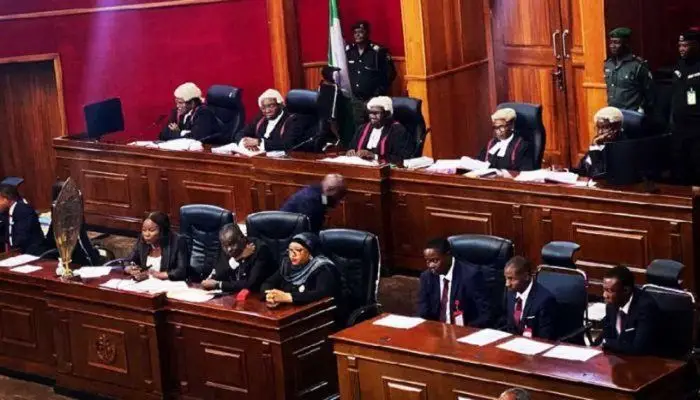Tinubu, APC, INEC Opens Defence At Tribunal On Obi, LP, Atiku, PDP Petitions

PEPT judgement: 25% of FCT votes not needed to win Presidential election

PEPT judgement: 25% of FCT votes not needed to win Presidential election
Notifications